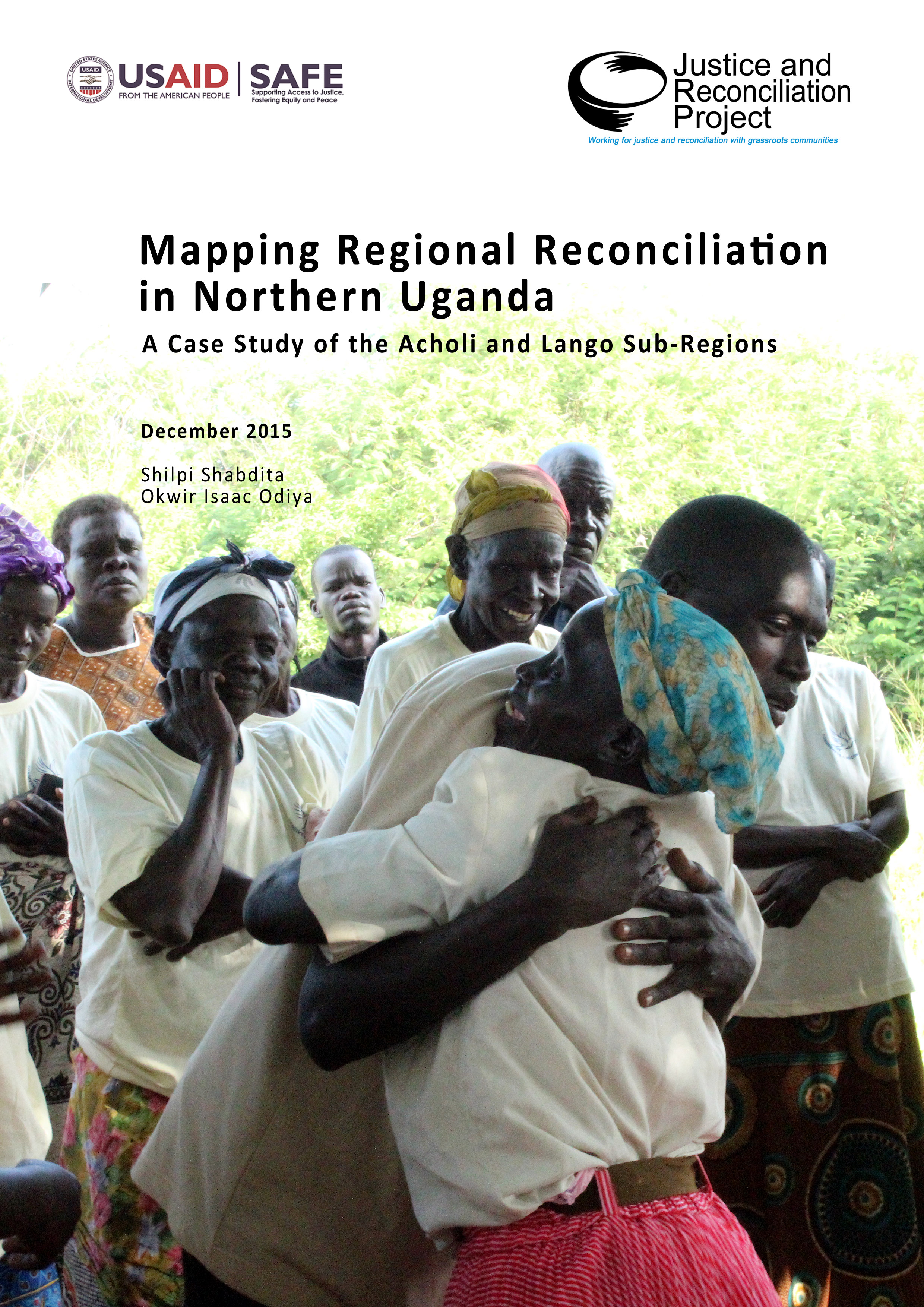PRESS RELEASE SUNDAY, MAY 19, 2019
GULU– Between May 19 to 25 the Justice and Reconciliation Project, in partnership with the University of British Colombia, and the Social Science and Humanities Research Council of Canada, will host the first International Transformative Memory exchange in Gulu.
The exchange will bring together scholars, artists, and community-based memory workers from Indonesia, Canada, Colombia, and Uganda to collaborate and exchange knowledge.
The theme of the international exchange is to deeply reflect on the transformative possibilities of memory. Through this exchange, we suggest that persons and collectives who endure, suffer and live through violence – and whose memory is often denied, erased or devalued by regimes of power – transform relations between each other, the living and the dead, through memory acts. Persons transform relations of oppression, dispossession and power, and raise questions about shared responsibility and ways of being together through memories.
Why an International Exchange?
Dr. Pilar Riaño-Alcalá, one of the principal investigators of the Transformative Memory Exchange, believes the exchange is a way to construct knowledge. She hopes the week-long exchange is going to enrich knowledge on what makes memory transformative.
‘I think that by learning and dialoguing with so many groups here in northern Uganda, all of us will enrich our ideas on what makes the work of memory transformative,” Riaño stated.
She holds the view that memory is transformative after a period of mass violence where people experienced profound loss.
The partners of the project further believe the exchange brings participants into dialogue with each other and in relation to Acholi ways of knowing, remembering, relating and being. The project will involve storytelling, art, music, walking tours, and orality.
Through the exchange, we hope to open a creative space for generating knowledge related to our themes and questions. During the seven days there will be an array of activities including field visits to sites and initiatives of memory, international roundtables, and public events.
About the Justice and Reconciliation Project. The Justice and Reconciliation Project (JRP) promotes locally sensitive and sustainable peace in Africa’s Great Lakes region by focusing on the active involvement of grassroots communities in local-level transitional justice. Formerly a partnership of the Gulu District NGO Forum and the Liu Institute for Global Issues, University of British Columbia, Canada, JRP has played a key role in transitional justice in Uganda since 2005, through seeking to understand and explain the interests, needs, concerns and views of the communities affected by war between the Lord‟s Resistance Army (LRA) and Government of Uganda (GOU). For more information please visit http://www.justiceandreconciliation.org
Download this press release here: Press Release









